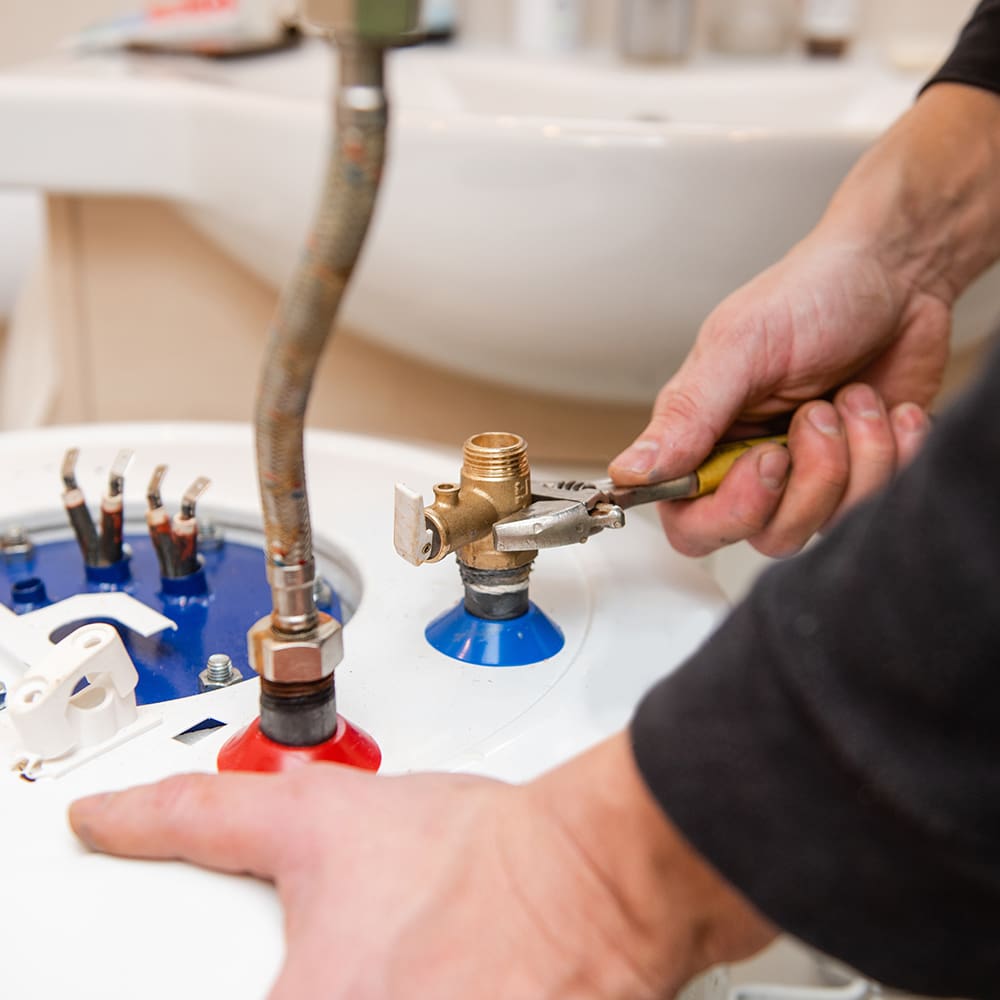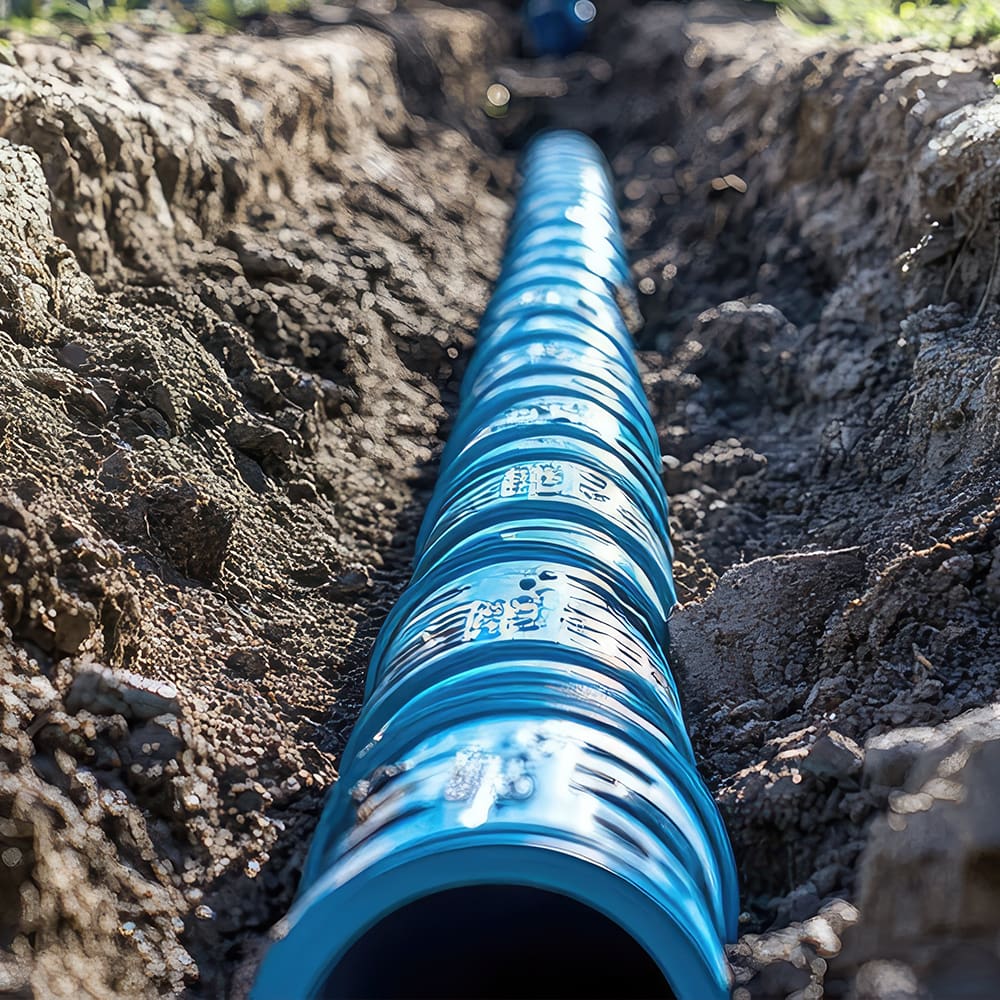How Much Does It Cost to Install a Water Softener?

When it comes to maintaining your home, plumbing is one aspect that can't be ignored. Faucets and fixtures may seem small, but they play a significant role in your daily life. How much does it cost to repair or replace them? Understanding the expenses involved can help homeowners make informed decisions and avoid unexpected financial surprises.
In this article
Thinking about installing a water softener in your home? You’re in the right place. This guide will break down the costs associated with water softener installation to help you make an informed decision. From initial investment to long-term savings, we’ve got you covered.
Understanding Water Softener Costs
The cost of installing a water softener can vary greatly depending on several factors. Knowing these can help you budget effectively and avoid unexpected expenses.
Initial Investment
The first cost you’ll encounter is the price of the water softener unit itself. Units typically range from $400 to $2,500, depending on the type and capacity. A basic ion-exchange unit might cost around $500, while a high-end dual-tank system could set you back $2,000 or more.
Installation Fees
Installation fees are another significant component of the overall cost. Hiring a professional plumber usually costs between $300 and $700. However, complex installations, such as those requiring additional plumbing work, can push this figure upwards.
Maintenance Costs
Don’t forget about ongoing maintenance costs. Regular maintenance ensures your system runs efficiently and prolongs its lifespan. Expect to spend around $100 to $200 annually on salt refills and minor maintenance tasks.
Factors Influencing Water Softener Cost
Several factors can affect the overall cost of installing and maintaining a water softener. Here’s what to consider.
Type of Water Softener
Different types of water softeners come with varying price tags. Ion-exchange systems are the most common and least expensive. Salt-free systems, which condition the water rather than softening it, can be pricier but require less maintenance.
Home Size and Water Usage
The size of your home and your water usage also play a role in determining the cost. Larger homes with more occupants typically require higher-capacity units, which can be more expensive.
Water Hardness Level
The hardness level of your water affects both the type and size of the system you’ll need. Water testing kits can help you determine your water’s hardness level so you can choose the right system.
Choosing the Right Water Softener
Selecting the right water softener involves more than just looking at the price tag. Here are some tips to help you choose the best system for your needs.
Assess Your Needs
Start by evaluating your specific needs. Consider factors like water hardness, household size, and budget. This will help you narrow down your options.
Compare Features
Not all water softeners are created equal. Some offer additional features like programmable settings or low-salt indicators. Compare these features to determine which ones are worth the extra cost.
Read Reviews
Customer reviews can provide valuable insights into the performance and reliability of different water softeners. Look for reviews from homeowners with similar needs to yours.
DIY vs. Professional Installation
When it comes to installation, you have two options: DIY or hiring a professional. Each has its pros and cons.
DIY Installation
If you’re handy and comfortable with plumbing work, you might consider installing the water softener yourself. This can save you the installation fee, but it’s crucial to follow the manufacturer’s instructions carefully to avoid costly mistakes.
Professional Installation
Hiring a professional ensures the job is done correctly and efficiently. Professionals can also handle any unexpected issues that arise during installation. While this option is more expensive, it offers peace of mind.
Long-Term Savings with a Water Softener
Though the initial cost of installing a water softener can be significant, the long-term savings make it a worthwhile investment.
Reduced Energy Bills
Soft water helps your appliances run more efficiently, reducing energy consumption and lowering your utility bills.
Extended Appliance Lifespan
Hard water can cause mineral buildup in your appliances, leading to wear and tear. A water softener extends the lifespan of your appliances, saving you money on replacements and repairs.
Decreased Soap and Detergent Use
Soft water lathers better, meaning you’ll use less soap and detergent. This results in savings on household cleaning products over time.
Common Questions About Water Softener Costs
Still have questions? Here are answers to some common queries about water softener costs.
Are There Any Hidden Costs?
While the main costs are the unit price and installation fees, you should also budget for periodic maintenance and salt refills.
Can I Finance a Water Softener?
Many companies offer financing options for water softeners. This can make the initial investment more manageable by spreading the cost over several months or years.
Is a Water Softener Worth the Investment?
Given the long-term savings and benefits, a water softener is often a worthwhile investment for homeowners. It not only improves water quality but also extends the life of your appliances and plumbing.
Conclusion
Installing a water softener is a significant investment, but understanding the costs involved can help you make an informed decision. By considering factors like the type of system, installation fees, and ongoing maintenance, you can choose the best water softener for your home and budget.




